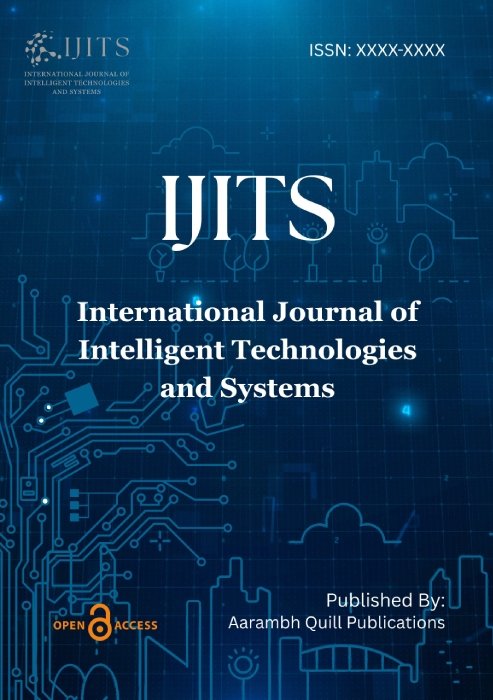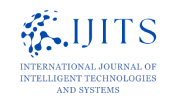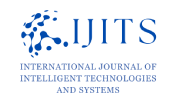Blockchain-Enabled Sustainable Supply Chain (BESSC): Securing and Optimizing Food Distribution

| © 2025 by IJITS Journal |
| Volume-1 Issue-1 |
| Year of Publication : 2025 |
Author : 1 Hakim Mellah*, 2 Thiagarajan Aridass, 3 Saravanan P |
| DOI : https://doi.org/10.64909/IJITS.2025.1103 |
Abstract
Food waste and safety issues are major concerns as a result of increasing global demand for food with supply chain inefficiencies. Traditional food supply chains are characterized by a lack of transparency, traceability, and real-time optimization, which leaves them susceptible to fraud, contamination, and inefficiencies. To mitigate the above-listed issues, this chapter presents a Blockchain-Enabled Sustainable Supply Chain (BESSC) Framework, which integrates Blockchain, Deep Reinforcement Learning (DRL), and Quantum Secure Hash Algorithm (QSHA) to improve the food distribution, reduce its wastage, and maintain the food safety. The BESSC framework implements the use of blockchain technology to build a modified ledger that is transparent and cannot be easily tampered with, allowing real-time tracking of a food product through its journey in the chain, from production to end-of-life. Visibility into where components are stored and transported is also embedded with sensors to further reduce the chance of contamination, as smart contracts enforce company compliance with food safety regulations. The algorithm is a Deep Reinforcement Learning (DRL)-based Food Waste Reduction Algorithm (FWRA), which dynamically determines the optimal supply chain operations of systematic balancing of supply and demand, prediction of food spoilage, and efficient food redistribution. Additionally, QSHA-512 is sensitive, as it can provide more data security, preventing unauthorized modifications and protecting the authenticity of food safety records. By implementing decentralized Food Surplus Exchange (FSE) platforms, surplus food can be efficiently redistributed, reducing waste and enhancing food security. The proposed framework ensures eco-friendly, efficient, and fraud-resistant supply chain operations, making it a scalable solution for governments, food producers, and logistics providers aiming for a sustainable future.


